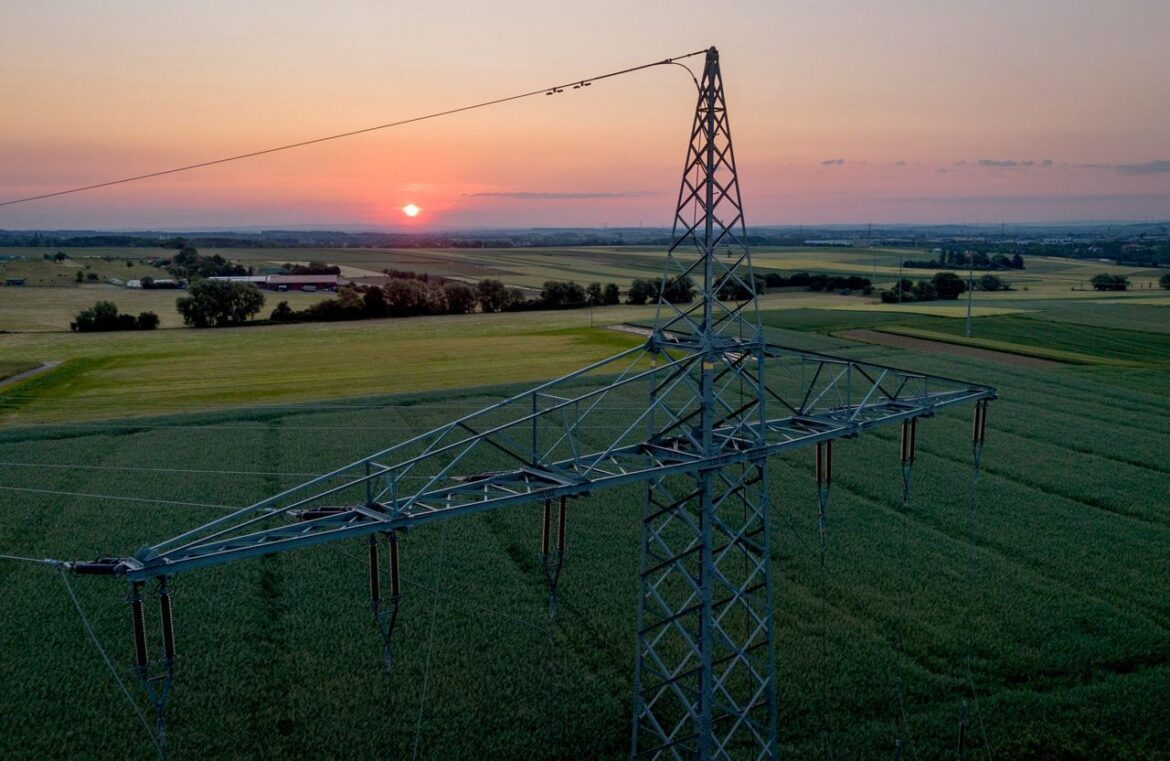According to research issued on Wednesday, while energy consumption is rising, emissions are not. As technology advances, efficiency rises yearly; in fact, efficiency rose twice as much in 2017 as it had over the preceding five years combined.
Brian Motherway, director of energy efficiency at the IEA, stated during a news conference on Tuesday that “we’re at a real crossroads where more effective, more clean, and less costly technology is starting to dominate.”

According to energy experts, reducing energy waste is the most cost-effective approach to delivering products and services to those in need while reducing greenhouse gas emissions, which are the primary cause of global warming.
The trend is being driven by government measures that promote energy efficiency. Japan has tightened the regulations that support energy-efficient construction. The European Union decided last year to improve buildings, heavy industry, and private transport in order to lower its overall energy usage by around 12% from its prediction for 2020. Through the Inflation Reduction Act, the United States provided a record 95 billion dollars over 10 years to improve the energy efficiency of power plants, buildings, and automobiles. India has implemented significant regulations to cut down on household energy consumption.
“Government initiatives are essential because they get big buildings, big housing projects, and industry and they have to take it seriously,” said Daniel Kammen, an energy expert at the University of California, Berkeley who did not participate in the IEA analysis.
The research states that overall public and private investments in energy efficiency will reach $600 billion in 2022, up 15% from the year before. Investment growth this year is predicted to be only 4%, according to Motherway.
The world has to quadruple energy efficiency over the next ten years in order to keep global warming to 1.5 degrees Celsius (2.7 degrees Fahrenheit) and prevent serious climate damage. According to the analysis, $1.8 trillion in annual investment is required to achieve that.
Philippe Delorme, executive vice president of Europe operations for Schneider Electric, stated at a press conference that the technology already exists; we simply need to prioritize our expenditure.
Outside experts concurred with the report. “Governments should be doing more, whether that relates to appliance efficiency, cars, or buildings,” said Steven Nadel, executive director of the American Council for an Energy-Efficient Economy.
Electricity demand increased the greatest, with oil and coal following closely. Overall, consumer demand for natural gas decreased.
MUST READ – Agreement In Both Europe And North America Are Announced By Mercedes-Benz And H2 Green Steel.
The popularity of heat pumps and electric cars increased last year, increasing the need for power. Heat pumps effectively extract energy from the air or, less frequently, the earth. Depending on whether they are heating or cooling a building, they either pump heat into or out of the structure. Last year, their revenues climbed by 10% internationally and by close to 40% in Europe. Sales of electric cars increased as well; they currently account for 14% of all new car sales and are expected to account for 18% of the market this year.
Many regions still rely on fossil fuel energy, which burns carbon, to power automobiles and heat houses. However, when utilities expand their use of renewable energy, emissions go down. Neither residences that use natural gas for heating and cooking nor automobiles that run on petrol have that same advancement built in. They’ll keep burning hydrocarbons and spewing forth carbon dioxide.
Fears of a global energy crisis brought on by Russia’s invasion of Ukraine have contributed to some of the present interest in energy conservation throughout the world.
In order to achieve climate targets, money needs to be invested in increased energy efficiency, according to Philippe Benoit, a researcher at the Centre for Global Energy Policy at Columbia University, even when there is no threat of an energy shortage.
According to him, concerns about the energy supply frequently lead to the highest interest in energy efficiency. “We need to reach a position where governments, individuals, and companies are increasing their investment in energy efficiency even in the absence of a possible energy supply crisis. Our climate objective calls for that.



